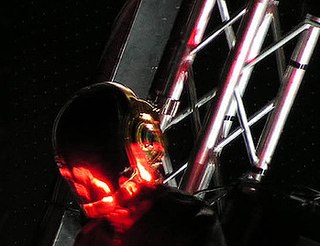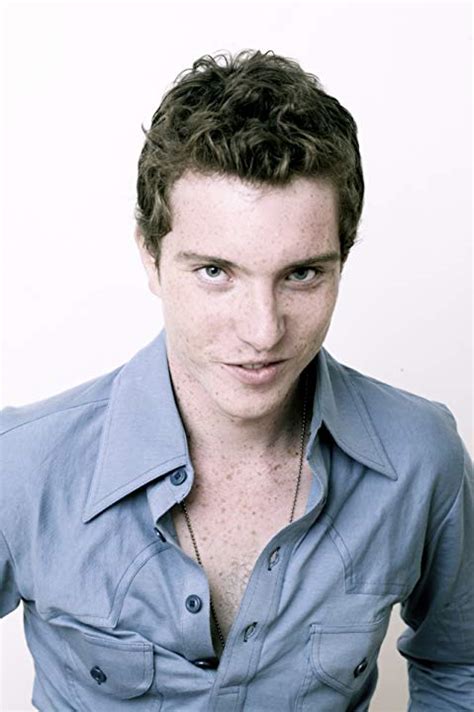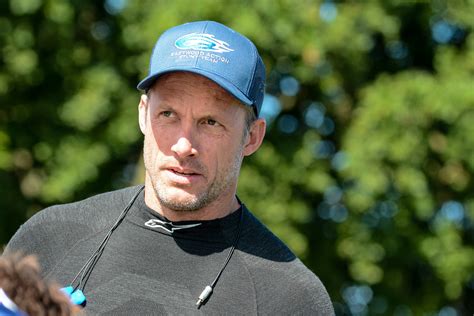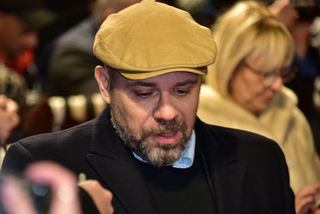A Quote by Guy-Manuel de Homem-Christo
With American blockbuster cinema, everything is very fast, there's a lot of action and narration.
Quote Topics
Related Quotes
. . . it is true that language and forward movement in the cinema are jolly hard to reconcile. It's a very, very, difficult thing to do. . . . There is still a place in the cinema for movies that are driven by the human face, and not by explosions and cars and guns and action sequences . . . there's such a thing as action and speed within thought rather than within a ceaseless milkshake of images.
For years, Blockbuster Video has edited movies. Like The Bad Lieutenant, when he's masturbating while the girls in the car are doing the thing. I rented it from Blockbuster and sped to that scene, and it was gone. I called up Blockbuster, and I'm like, "I got an erection, and the scene's not there."

































